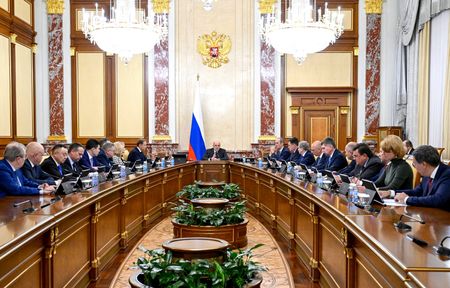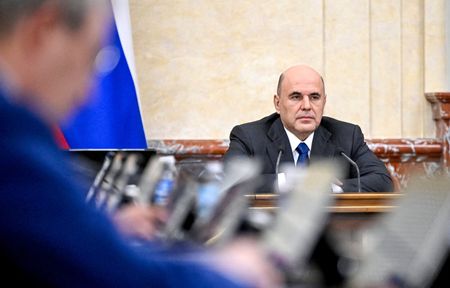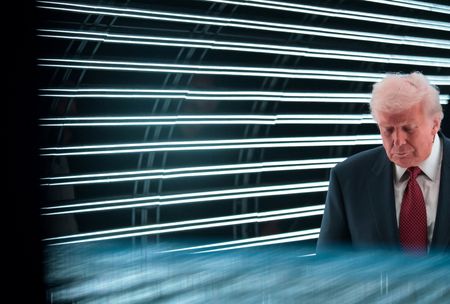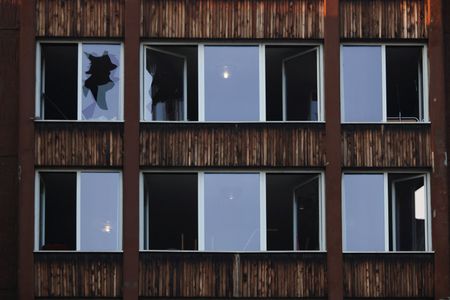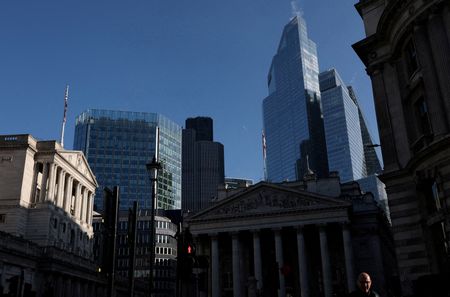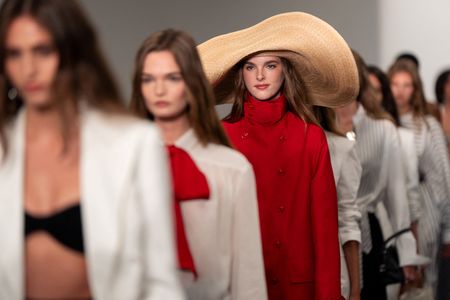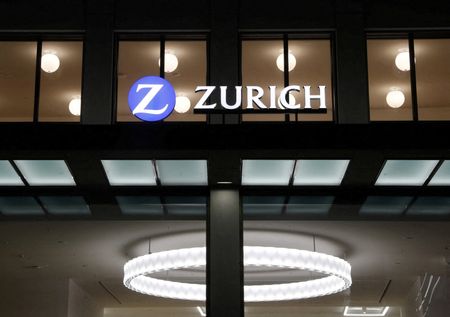MOSCOW (Reuters) -The Russian government has softened its initiative to increase the value-added tax (VAT) for small businesses starting in 2026, Prime Minister Mikhail Mishustin said on Thursday after public complaints from business owners.
In the draft budget for 2026, the government initially proposed that businesses with annual revenues between 10 million and 250 million roubles, currently exempt from paying VAT, would have to pay VAT of up to 5%.
Business lobbies argued that these hikes, aimed at mobilizing state finances for the military operation in Ukraine, would affect one in ten small business owners. Many of these owners, they said, might have no choice but to shut down.
The new proposal would lower the tax-free revenue threshold to 20 million roubles in 2026, 15 million roubles in 2027, and 10 million roubles in 2028 from 60 million now, effectively giving businesses time to adapt to the measure.
“The conditions for applying VAT by small and medium-sized businesses will be eased with a phased change in the payment thresholds starting in 2026,” Mishustin said.
The new numbers fell short of the business compromise proposal to lower the threshold for VAT payments to 30 million roubles instead of 10 million, as expressed during the budget debate in parliament.
This hike comes on top of a proposal to raise the general VAT rate to 22% from 20%, which is expected to generate about 1 trillion roubles to help fund military spending and address the growing budget deficit.
Small and medium-sized businesses account for more than a fifth of Russia’s gross domestic product, according to the latest available data from the Economy Ministry, and they employ 31 million people, about 40% of the total workforce.
Russia defines small and medium-sized companies as those employing up to 250 people and generating up to 2 billion roubles in annual revenue. The government expects to raise 200 billion roubles ($2.5 billion) from these measures.
(Reporting by Darya Korsunskaya; Writing by Gleb Stolyarov and Gleb Bryanski; Editing by Guy Faulconbridge)


